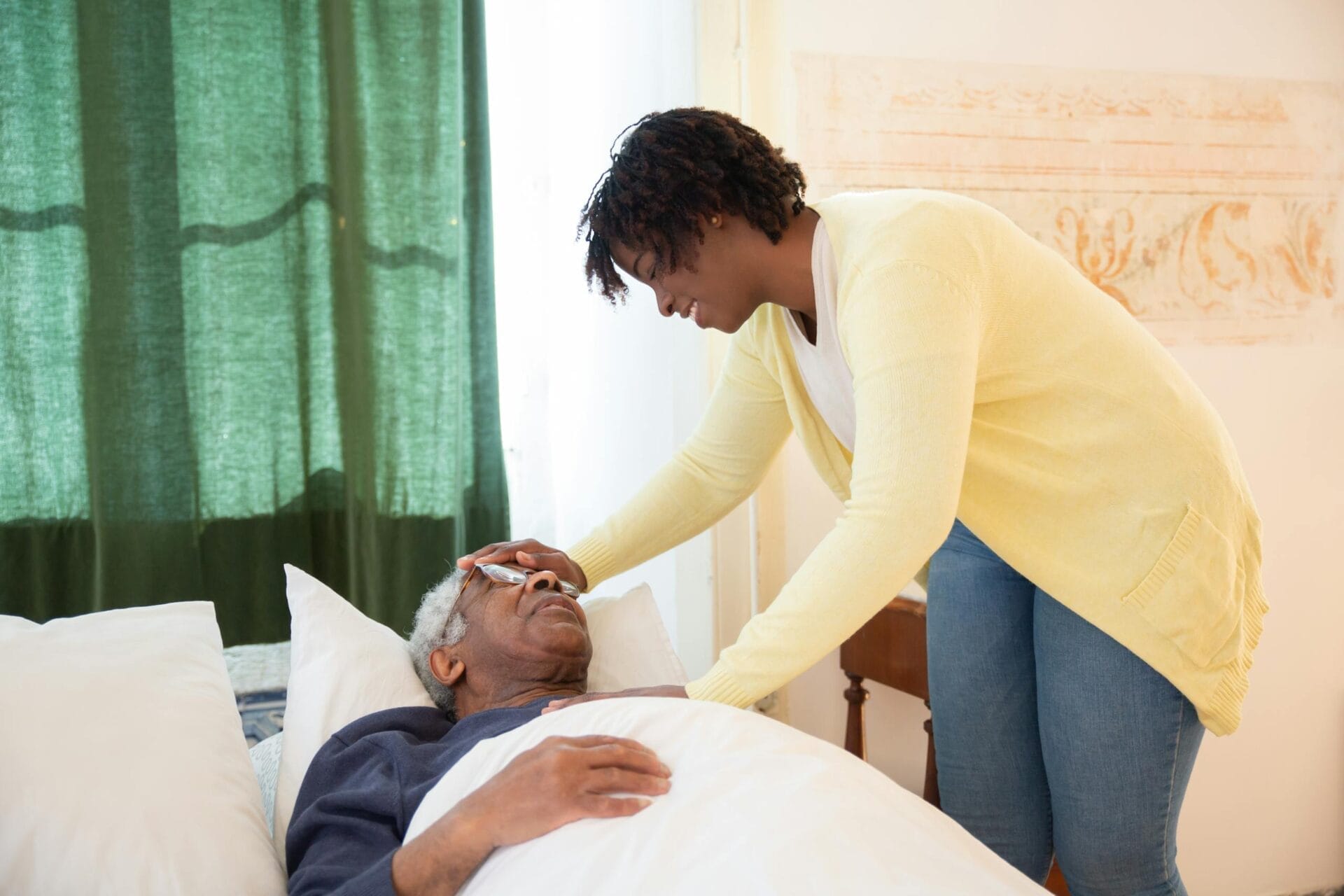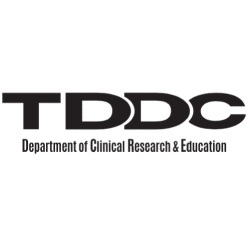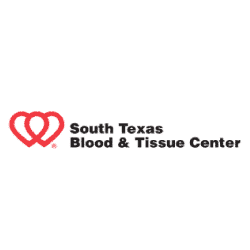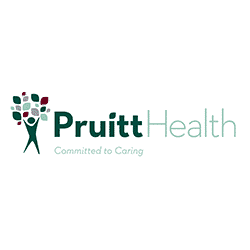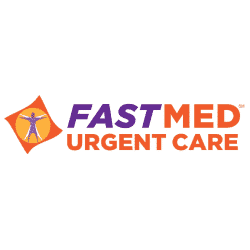Essential Medical Waste Disposal Tips for Home Health Organizations
Managing home health medical waste poses unique challenges compared to traditional healthcare settings. Whether dealing with sharps, biohazardous materials, or pharmaceutical waste, home health organizations must ensure that medical waste is disposed of safely to protect patients and caregivers.
Proper waste disposal is essential for complying with regulations and minimizing risks, especially with patients often receiving care in their homes. In this article, we’ll explore important tips for managing medical waste safely in home health settings.
Dispose Sharps Safely
Sharps waste is a common and hazardous medical waste in home health settings. Items like needles, syringes, lancets, and scalpel blades can cause injuries and lead to infections. It’s vital to ensure that sharps are disposed of safely to protect caregivers and patients.
Here’s how you can manage sharps waste safely:
- Use puncture-resistant containers: Leaving sharps around raises the risk of accidental injury. So, always dispose of sharps in approved, puncture-resistant containers. These containers should be leak-proof and properly sealed to avoid accidents.
- Never reuse sharps: Make sure that sharps are used only once. Reusing needles or syringes increases the risk of injury and cross-contamination.
- Seal and dispose promptly: Once sharps containers are full, cover them properly and dispose of them according to local regulations.
Handle Biohazardous Waste
Biohazardous materials in home health settings include blood-soaked bandages, soiled dressings, and contaminated gloves. These materials can contain pathogens that pose significant health risks to caregivers, patients, and others in the household. Proper disposal is key to preventing the spread of infection.
Here’s how you can manage biohazardous waste safely:
- Contain waste securely: Ensure that blood-soaked items and other contaminated materials are placed in sealed containers or bags. Biohazardous waste should never be left unattended or uncontained.
- Use color-coded bags: Color-coded bags, especially red bags, are commonly used for biohazardous waste. Ensure that these bags are leak-proof to prevent spills.
- Dispose according to regulations: Follow local guidelines on disposing of biohazardous waste, as some areas may require special handling or treatment.
Manage Pharmaceutical Waste
Pharmaceutical waste includes expired, unused, or partially used medications. These medicines, if disposed of improperly, can be harmful to both humans and the environment.
In home health settings, it’s important to handle pharmaceutical waste responsibly to prevent misuse or accidental exposure. Here are some tips for safe pharmaceutical waste disposal:
- Use designated disposal containers: Place pharmaceutical waste in designated containers. This is especially important for controlled substances, which need special handling.
- Do not flush medications: Never get rid of medicines through the toilet or throw them in the trash, as this can contaminate water supplies and the environment. Instead, take advantage of local drug take-back programs or follow your local disposal guidelines.
- Dispose promptly: Once medications are no longer needed or have expired, dispose of them according to local regulations to prevent accidental ingestion or misuse.
Educate Caregivers and Family Members
In home health settings, caregivers and family members often play a vital role in managing medical waste. Educating them about safe disposal practices is essential to reducing risks.
Here’s how to ensure that everyone involved is aware of the proper procedures:
- Provide clear instructions: Caregivers and family members should be given clear, simple instructions on how to dispose of sharps, biohazardous materials, and pharmaceutical waste safely.
- Offer training: You can provide short training sessions to help caregivers understand the importance of waste disposal safety and how to manage medical waste in the home.
- Provide disposal supplies: Ensure that caregivers and family members have the necessary supplies, such as puncture-resistant sharps containers and properly labeled waste bags, to dispose of medical waste safely.
Educating everyone involved ensures that proper disposal practices are followed and that safety is prioritized in the home care setting.
Partner with a Trusted Waste Disposal Provider
Home health organizations should partner with a trusted medical waste disposal provider to ensure that waste is handled safely and according to local regulations. A reliable provider can help streamline the waste disposal process and ensure your clinic remains compliant.
When selecting a waste disposal partner, consider:
- License and compliance: Choose a provider who is licensed and compliant with federal and state waste disposal regulations.
- Scheduled pickups: Ensure the provider offers scheduled pickups that align with your needs. Timely waste pickups prevent waste from accumulating and help maintain a safe environment.
- Emergency services: In the event of a spill or an overflow, ensure that the provider offers emergency response services to address the situation quickly and safely.
By working with a trusted provider, you can guarantee that all medical waste is disposed of correctly and safely.
Effective home health medical waste management is essential for ensuring the safety of patients, caregivers, and the environment. By following safe disposal practices, educating caregivers, and partnering with a reliable waste disposal provider, you can manage waste safely and stay compliant with regulations.
For more information on safe waste disposal practices, contact Medsharps.

